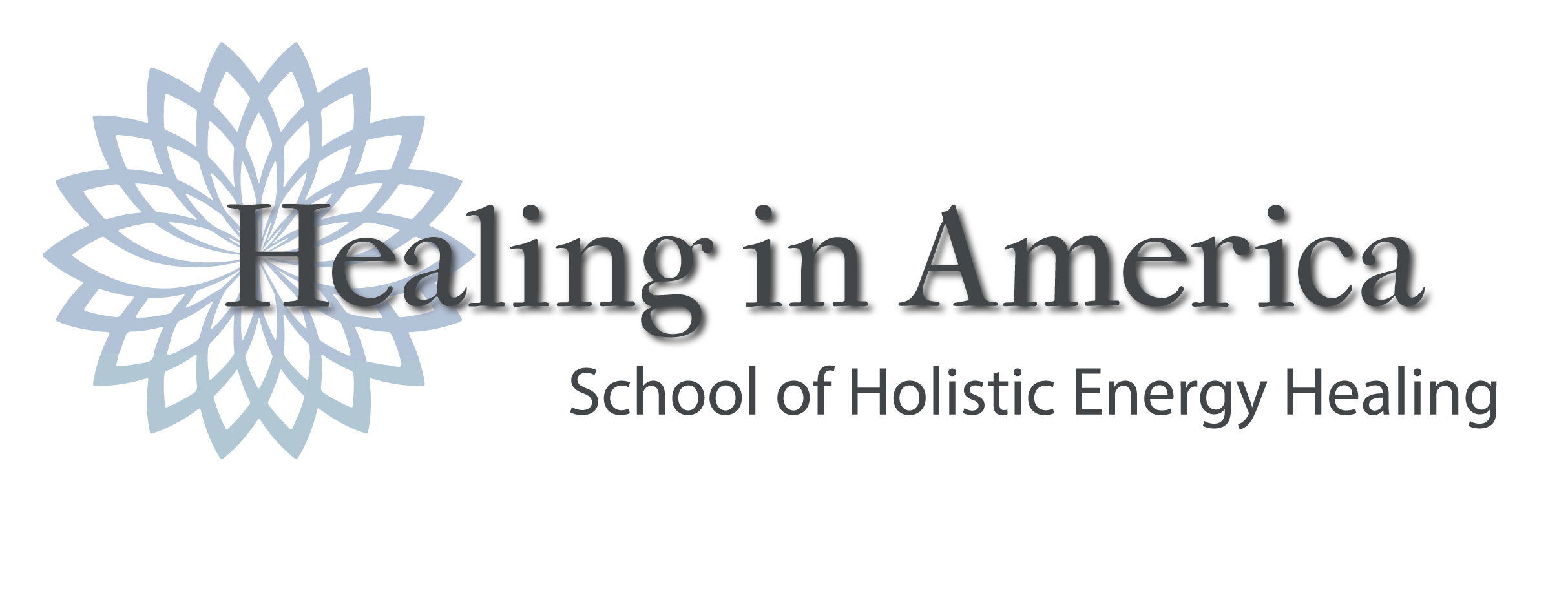Do we have to believe in order to get well?
Do we have to believe
in order to get well?
People often ask me, do I have to believe in energy healing in order for it to work?
Well, obviously our beliefs are important but young children and animals respond well to energy healing - and they really don’t have a belief system - they are just open to whatever we offer.
Belief plays a significant role in the healing process, but it is not the sole determinant of recovery. In many instances, the mind’s expectations—whether positive or negative—can profoundly affect how the body responds to treatment. This phenomenon, known as the placebo effect, illustrates that when people believe a treatment will help, their brains can trigger real biochemical changes that alleviate symptoms such as pain, anxiety, and even depression. For example, studies have shown that simply taking a sugar pill, when believed to be a powerful drug, can stimulate the release of endorphins and dopamine, reducing the perception of pain and improving mood.
.
The placebo effect demonstrates that belief can activate physiological mechanisms in the body. When patients anticipate healing, this positive expectation can reduce stress hormones like cortisol and enhance the body’s natural pain relief systems. Even open-label placebo studies—where individuals know they are receiving an inert substance—have found that the ritual of treatment and the supportive environment contribute to real improvements in well-being.
These findings suggest that while belief is a powerful enhancer of healing, it acts more as a catalyst than a cure on its own.
However, it is essential to recognize that many effective medical treatments work independently of belief. Antibiotics, surgical interventions, and other therapies have proven mechanisms that do not rely solely on a patient’s expectation.
Still, the healing process can be augmented when patients engage in these treatments with a hopeful mindset. For instance, a strong doctor–patient relationship can reduce anxiety and improve treatment adherence, thereby boosting overall outcomes. The supportive, empathic interaction between a caregiver and a patient can make the treatment environment feel safer and more nurturing, which may further encourage the body’s self-healing processes.
Complementary therapies, such as energy healing or acupuncture, often emphasize the role of belief and intentionality. Proponents claim that by aligning one’s internal energy (sometimes referred to as qi or prana), blocked channels are cleared, and natural healing is restored. While scientific evidence for these modalities remains limited or inconclusive, many individuals report subjective improvements that may be attributed to both the placebo effect and the holistic attention provided during these sessions
Whether the improvement comes from the belief in “universal life force energy” or simply from the ritual and focused attention on well-being, the mind’s involvement is undeniable.
Nonetheless, relying solely on belief without appropriate medical care can be risky. While a positive mindset may enhance recovery, it should be used to complement—not replace—evidence-based treatments. In conditions where biological processes are at the heart of disease, such as bacterial infections or cancers, ignoring conventional therapies in favor of belief-based methods alone can have dire consequences.
In the U.K. we talk about energy healing as a complementary therapy, not alternative, as this implies
It is not a choice of one or the other, but both complementary and allopathic working together, for the good of the patient.
The most effective approach to well-being integrates both a hopeful mindset and proven medical interventions, thereby harnessing the full potential of both science and the human spirit.
Try it and see!
Love & Light
Roger
“For those who understand – no explanation is necessary – for those who do not understand, no amount of explaining will be sufficient”

